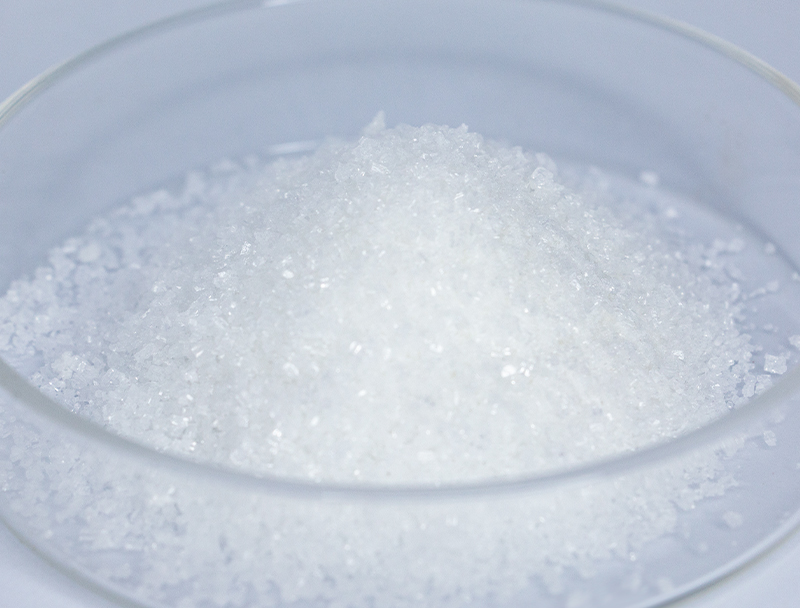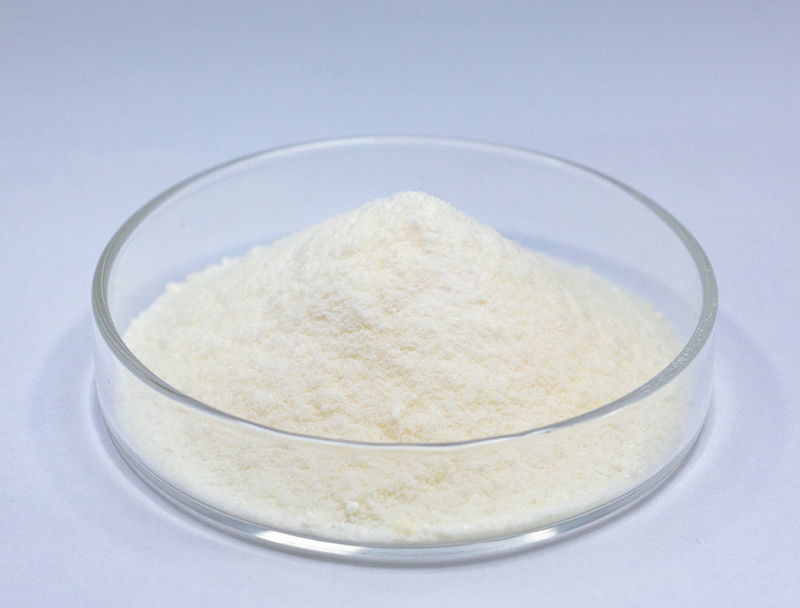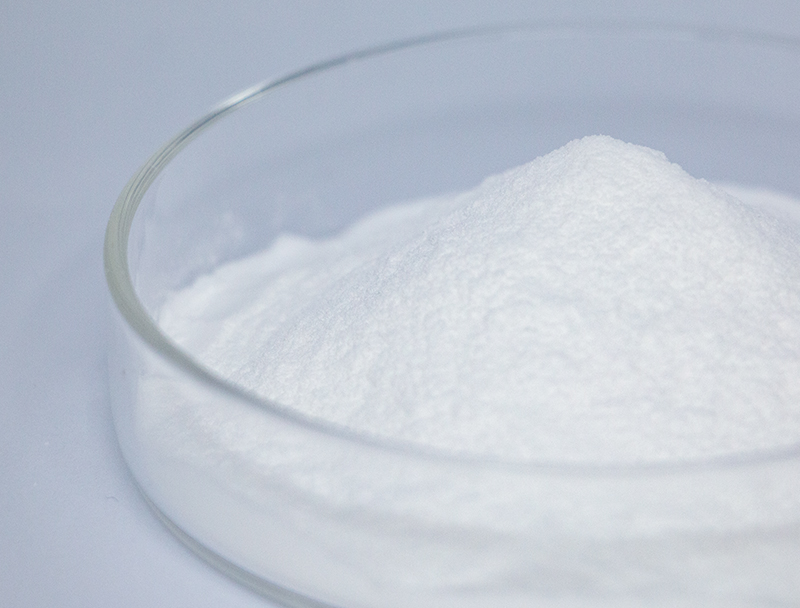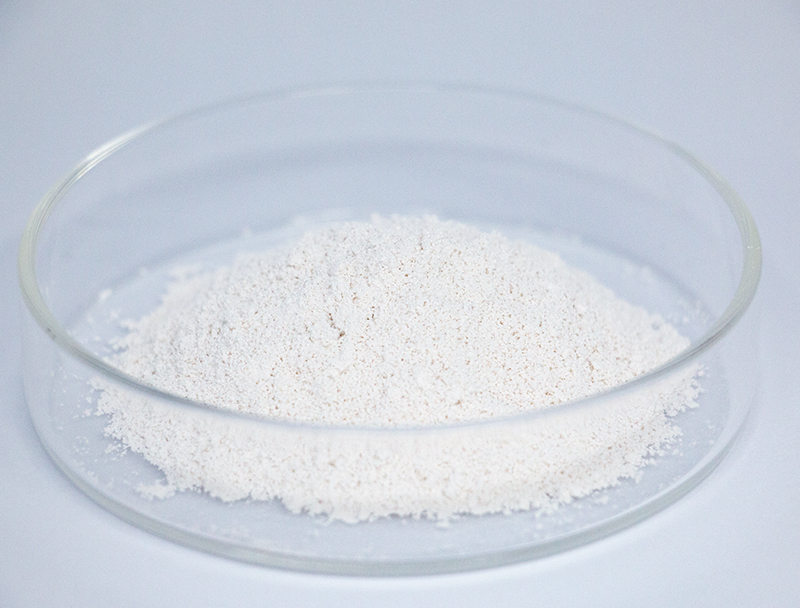
Large-scale bioproduction hinges upon a substantial range of feedstocks to manufacture advanced biological products.
Protecting durable supply chain sourcing forms the foundation of durable, responsible industrial growth.
numerous problems stemming from established sourcing methods for example habitat harm and overextraction of resources. Therefore, biomanufacturing companies must actively seek out alternative sourcing strategies to minimize their ecological footprint.
- Representations of ethical supply approaches are:
- Using repurposed agricultural residues as substrates
- Implementing closed-loop systems to minimize waste and maximize resource efficiency
- Teaming up with provincial partners who practice sustainable procurement
Moving toward responsible sourcing creates ecological improvements and economic resilience.
Improving Biomass Inputs to Boost Biofuel Yields
Boosting conversion rates requires high-quality and well-characterized biomass. Experts maintain efforts to discover ways to maximize feedstock value, facilitating elevated yields and a renewable energy transition. Programs combine genetic improvement for biomass productivity with conversion technologies to access fermentable substrates.
- Concurrently, efforts examine seaweed, industrial byproducts, and crop residues to increase the variety of renewable feedstock alternatives for fuel production.
- As a result of relentless efforts the industry should deliver significant enhancements paving a path to sustainable energy.

Upstream Process Improvements for Modern Biopharma Production
includes primary operations from inoculation through cell collection Modern progress within the sector has contributed to more efficient processes and higher production.
Meaningful breakthroughs include engineered cell strains, enhanced culture formulations, and modular reactor designs. These refinements escalate production and lower expenses and environmental strain.
- In addition, momentum toward nonstop processing offers improved flexibility and optimized operational flow.
- This transition to advanced manufacturing techniques is set to transform the sector and accelerate therapeutic timelines.

Gene Editing Breakthroughs That Elevate Biopharma Output
innovations in genome-editing toolsets have enhanced biopharmaceutical manufacturing. By accurate genomic tuning, developers enhance yields of critical biopharmaceuticals. The strategy paves the way toward accessible, high-yield therapeutics across disease spectra.
Microbial Solutions for Greener Bioremediation Practices
innovative solutions for sustainable bioremediation, a critical process for addressing environmental pollution. Various microbial strains are capable of breaking down toxins into safer constituents.. By harnessing this natural potential, we can develop environmentally friendly strategies for cleaning up contaminated sites and mitigating the negative impacts of industrial activities.. Researchers screen diverse microbial taxa for metabolic pathways suited to remove heavy metals, pesticide residues, and hydrocarbon contamination.. Microbial cultures can function in contained bioreactors or be deployed onsite to facilitate biodegradative remediation..
Biotechnology-driven remediation delivers notable upsides compared to conventional cleanup tactics. This method provides a low-cost, low-waste alternative to conventional remediation. In addition, microbial approaches enable pollutant-specific treatment without broad ecological disruption. The field of microbial biotechnology continues to advance rapidly, with ongoing research focused on improving the efficiency and effectiveness of bioremediation strategies.
Data-Driven Approaches for Therapeutic Development
Digital bioinformatics methods are central to evolving therapeutic discovery processes. From identifying potential drug candidates to optimizing their efficacy and safety, bioinformatics enables a more efficient and data-driven approach.
- By parsing huge omics and clinical databases, bioinformaticians detect targets and estimate therapeutic responses.
- Furthermore, computational modeling of drug–target interactions aids rational design of higher-performing therapeutics.
- Finally, data-driven informatics is changing drug development and hastening patient access to effective therapies.
Fine-Tuning Metabolism to Maximize Bioproduct Synthesis
utilizes multiple approaches to enhance production of desirable bioproducts in cells. These strategies can involve genetic modifications to optimize metabolic pathways, regulation of gene expression, and the introduction of novel genes to confer new capabilities.. Via targeted metabolic optimization researchers can meaningfully escalate production of desired biochemicals.
This broad strategy is positioned to innovate sectors including pharmaceuticals, crop science, and bioenergy.

Challenges and Opportunities in Scaling Up Biopharmaceutical Production
Moving from bench to commercial scale creates complex challenges and valuable opportunities. One major challenge is maintaining consistent product quality at increased scales. Addressing it demands strong process governance, accurate real-time analytics, and advanced measurement systems.

Also challenging is the layered complexity of biomanufacturing encompassing numerous sequential steps.. Converting small-scale procedures to plant-scale operations necessitates extensive innovation and optimization.. Despite challenges, the benefits may be considerable. Skilled scaling can enlarge supply, lower prices, and increase profit potential.
Numerous initiatives aim to tackle these scaling challenges. Efforts include process-digitization tools, integrated analytics for monitoring, and fresh manufacturing paradigms.
- Ongoing innovation drives improvements in industrial production capability.
- Regulators are adapting frameworks to speed authorization of novel manufacturing approaches and spur innovation.
Navigating the Regulatory Landscape for Biopharmaceuticals: Ensuring Safety and Efficacy
Developing biologic treatments requires exacting oversight to ensure consistent safety and efficacy. Biologically derived medicines entail particular manufacturing and regulatory complexities compared with chemical drugs.
Regulators such as the FDA and EMA define authorization pathways and quality standards for new biologic medicines..
Extensive evaluation procedures are essential across development phases, spanning preclinical work to post-market checks.. The measures work to spot potential hazards and validate that therapies reach demanding safety levels..
Concurrently, regulatory organizations fine-tune methods to remain compatible with quick scientific advancements. Programs embrace modern technologies and foster development speed while maintaining patient-centered safeguards.

Plant-Derived Inputs for Next-Gen Bioplastics
The growing need for sustainable materials has led to a surge in research and development of renewable options. Plant-based bioplastics made from biomass feedstocks present a hopeful path to reduced plastic impact. Plant-based biomass resources such as cornstarch, cellulose, sugarcane can be processed into biodegradable plastics that degrade naturally, minimizing the environmental impact of conventional plastics.
Additionally, many plant-based bioplastics show performance characteristics similar to conventional plastics for numerous uses.. Continuous R&D will drive plant biomass into scalable bioplastic manufacture and help establish closed-loop material systems.
Biotechnology's Impact on Global Health and Food Security
Biotechnology offers potent solutions for advancing public health and enhancing food security. Using genome engineering, synthetic biology techniques, and cell-based treatments, innovators devise ways to tackle pathogens, amplify yields, and improve nutrition.. One example is bioengineered crops that withstand pests and stressors, enabling higher yields with less pesticide input.. Likewise, biotechnology enables new vaccines, novel therapeutics, and improved diagnostics essential to global disease mitigation and better health.. Going forward, advancements in biotechnology are likely β-Nicotinamide Mononucleotide to yield interventions that improve health and advance sustainable food systems globally.
